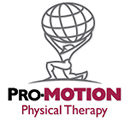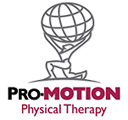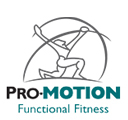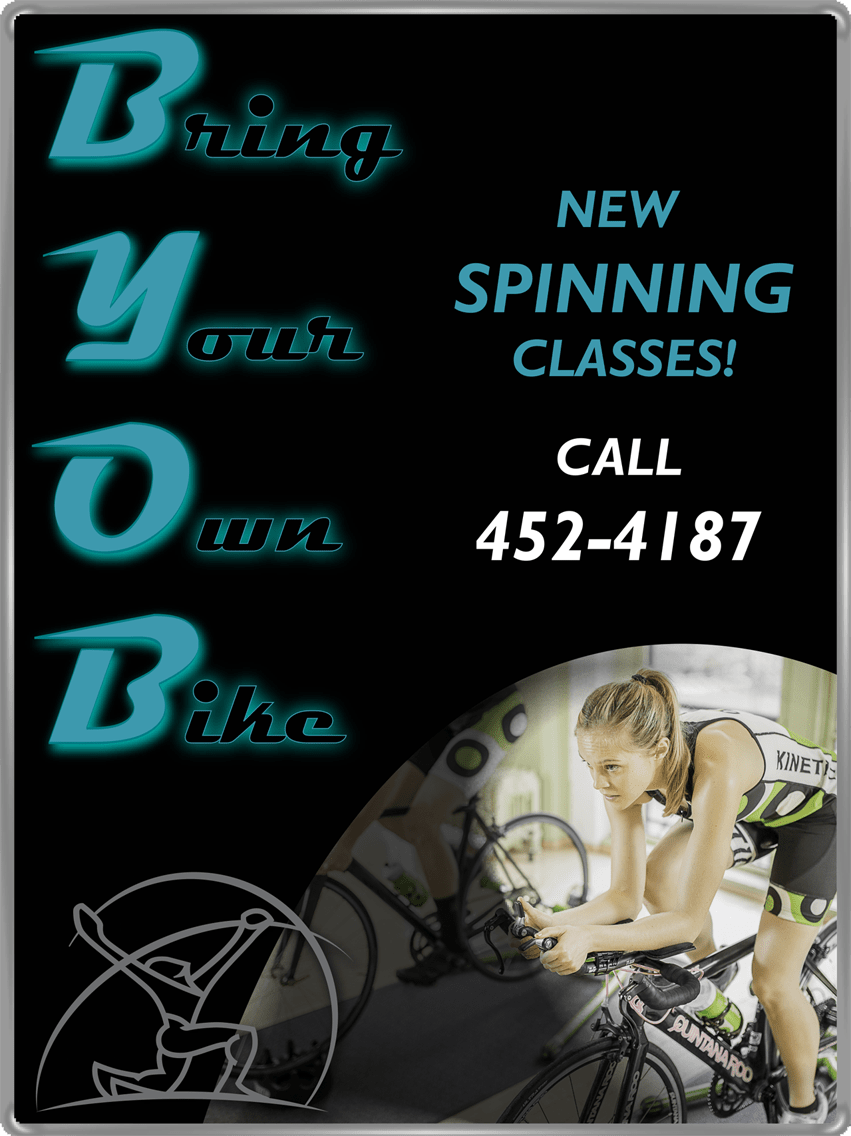REFERRAL SOURCES
Access
Our goal is to see your patient within 24 hours of your request. Please feel free to use and save our referral messaging line to your speed dial. There’s no waiting and it takes just seconds to complete your referral.
Your partner in care
As a medical professional, you want to know that your patients are receiving the best possible care. At Pro-Motion we uphold the highest standards by pursuing a highly informed approach to physical therapy. Backed by science, years of experience and a nationally recognized methodology known as Integrated Movement Solutions (lMSTM), we’re able to consistently and efficiently achieve better outcomes for our patients.
Scientific approach
We are deeply indebted to science. We wouldn’t be able to offer patients our services without first drawing upon published, medically proven biomechanical findings and literature. To find out more about the science behind Integrated Movement Solutions, please feel free to contact us. Or, you’re invited to read several of the papers that inform our treatment and training methods. You can find them by clicking here.
Making it easier-for everyone
We go out of our way to eliminate potential hassles. That means offering a plan that can be followed and maintained based on the individual. We also have a strong clinician-to-patient ratio so that patients are never without the knowledge, attention and support they need.
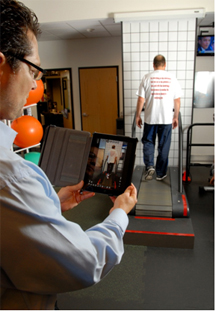 At Pro-Motion Physical Therapy, we are passionate about our clients’ function. Our goal is simple: to improve the performance of our clients’ function to allow greater freedom, enjoyment, and participation in all aspects of life. We accomplish this goal through a proprietary process of functional testing, tuning, and training called Integrated Movement SystemsTM (IMS). At Pro-Motion, we focus on the clients’ end goals rather than allowing the diagnosis alone to dictate treatment. Understanding and treating real world movement supersedes traditional, mechanistic protocols and obsessing over dysfunction while focused on impairments. Our Integrated Movement Systems approach surpasses the old paradigms and focuses the intervention on enabling the client to do what’s important in their lives.
At Pro-Motion Physical Therapy, we are passionate about our clients’ function. Our goal is simple: to improve the performance of our clients’ function to allow greater freedom, enjoyment, and participation in all aspects of life. We accomplish this goal through a proprietary process of functional testing, tuning, and training called Integrated Movement SystemsTM (IMS). At Pro-Motion, we focus on the clients’ end goals rather than allowing the diagnosis alone to dictate treatment. Understanding and treating real world movement supersedes traditional, mechanistic protocols and obsessing over dysfunction while focused on impairments. Our Integrated Movement Systems approach surpasses the old paradigms and focuses the intervention on enabling the client to do what’s important in their lives.
Seeing our client as more than their diagnosis, we take time to understand the client’s structural and functional impairments while connecting these impairments to the loss of performance in their desired activities. This gives us perspective and sets a clear purpose for treatment. The World Health Organization (WHO) supports this approach, and has stated, “Studies show that diagnosis alone does not predict service needs, length of hospitalization, level of care or functional outcomes. This means that if we use a medical classification of diagnoses alone we will not have the information we need for health planning and enhance quality of life.”
The World Health Organization (WHO) supports this approach, and has stated, “Studies show that diagnosis alone does not predict service needs, length of hospitalization, level of care or functional outcomes. This means that if we use a medical classification of diagnoses alone we will not have the information we need for health planning and enhance quality of life.”
This connection may seem conventional, but from what we’ve observed, it is often lost in the context of protocols and “best practice” solutions of the movement science world. If the connection is lost, clients are often required to go through assessments and trainings that are not logically tied back to their goals of returning to the activities that they love. They spend their valuable training time and money performing repetitive exercises or strapped to machines that feel nothing like their desired movements and functions, with an expectation that somehow their bodies will inherit the capacity to perform. Rather than making these leaps of faith, our IMS processclearly makes these connections with a central focus on the return to participation in the activities of life and a sophisticated functional testing, tuning, and training work flow. This focus is the essence of a “functional approach”.
At Pro-Motion, we respect the artistry and the science of our profession. Movement science and performance are influenced by a multitude of personal motivations, systemic interactions, subconscious reactions, and connected responses that are physical, biological, and behavioral. This complexity in the field of movement science often stalls the scientific process through its own disjointed terminology, disconnected philosophies, and varied perspectives.
All clients come to us with beautiful, connected complexity. Each individual is unique. Every sitting posture, gait pattern, run, throw, bend, and lift displays the client’s own unique mixture of genetics, learned habits, and environmental influences. Current movement theories (Dynamical Systems and the Theory of Constraints) suggest that connections and influences arise from the confluence of every part of the human system- musculoskeletal, metabolic, neurological, digestive, etc. Every system plays a role in driving us to greater connectedness as we interact with our environments. This life long process represents the human body’s adaptive character and its responsiveness to the constraints and affordances of the person, the task, and environment.
The IMS approach starts with a system of exploring the relationship of a person’s diagnosis to their impairments and limitations. We further explore the Chain Reaction Biomechanical relationships within the client’s musculoskeletal system to determine their relative contribution to the desired tasks. This concept is becoming known in the literature as Regional Interdependence, however prior to this term’s emergence, Gary Gray and The Gray Institute of Michigan developed a significant body of work describing these Chain Reaction patterns with functional movements. The Gray Institute’s further development of Applied Functional Science has significantly influenced the IMS approach, leading the way in assessing function by developing consensus around the core principles of function. IMS relies on these principles, defining key strategies for functional assessment, treatment, and training. The inclusiveness of this approach allows us to use an infinite number of individual techniques with within the context of a scientifically sound set of strategies and accepted principles of human function.
People are complex, every task requires physical characteristics of flexibility/mobility, strength/stability, and coordination/reactivity and each client expresses these physical characteristics with their own variation. This expression of the body is not unlike the unique expressions of speaking, drawing, or writing. It is the interaction of the person’s perceptions mixed with their responses to task and environment that creates this individuality. Understanding movement as an expression is important to us. When clients come to us with pains, disabilities, and fears, we listen. When they tell us, “it hurts when…”, “I’m afraid to…”, or “I can’t do…”, it is critical that we see these activities through the lens of their unique movement patterns and motivations.
By respecting this unique expression, we avoid telling our clients “you’re doing it wrong”. Their bodies have learned to use their available resources to accomplish the goals of function. Our job is to take stock of those resources, identify the areas of stress, trauma, and dysfunction, and help tune the client’s subconscious movement expression to better accomplish the task. This respect translates into the culture at Pro-Motion and is expressed in our staff’s honest curiosity to know more, to learn, and understand the art and the science of the client. Each clinician continues to pursue their education, understanding that “education is a progressive understanding of our own ignorance” (Will Durante). Our clients recognize the difference of the humility and connectedness of this experience.
The IMS approach builds on the most current understandings of health, performance, and Applied Functional Science, unifying our culture and clinical process under a “functional performance priority” that goes beyond the industry standard and distinctly differentiates our practice. Broadly stated, we believe that the best clinicians and trainers are able to “Apply Functional Science” with a complex biomechanical knowledge, applying a pragmatic, logical intervention strategy without losing sight of their client’s aspirations. The IMS approach provides the highest standard of functional assessment and intervention available anywhere.
| Integrated Movement SolutionsTM PT |
Traditional Physical Therapy |
|
| Functional focus | Diagnostic focus | |
| Transform physical capabilities | Treat medical conditions | |
| Defined patient benefit | Defined insurance benefit | |
| Anchored in scientific method | Anchored in traditions | |
| Performance priority | Pain priority | |
| Principles & Strategies | Methods & Techniques | |
| Individualized | Popularized | |
| Task driven | Protocol driven | |
| Outcome oriented | Process oriented | |
| Complex Tri-planar | Simple Uni-planar | |
| Subconscious proprioceptive control | Conscious cognitive control | |
| System Relationships | Body parts | |
| Regional integration | Local isolation | |
| Experiences | Exercises | |
| Functional enablement | Medical disablement |
Integrated Movement Solutions are scientifically based, evidence supported, and individually customized and validated. We would be privileged to have you experience the difference and achieve better.
FACEBOOK[like us]
[custom-facebook-feed]Who We Are [learn more]
Based in Yakima, Pro-Motion Physical Therapy and Functional Fitness helps patients and fitness center members seize the connection between mind, body and spirit in order to achieve better. © 2024 Pro-Motion Physical Therapy. All Rights Reserved
Powered by Performance Builders

Live Telehealth Services
For Back, Joint and Muscle Pain
- Musculoskeletal Primary care
- Physical Therapy
- Screening
- Second Opinions
- Advice and Consultation
for Appointment, or click here to learn more.
PATIENT INTAKE FORM
For your convenience you may print out the forms and bring them with you to your appointment or you may fill them out on line. If you choose to fill them out on line please remember to click submit and the forms will be sent directly to our clinic. Thank you.
ONLINE FORM PRINT FORM